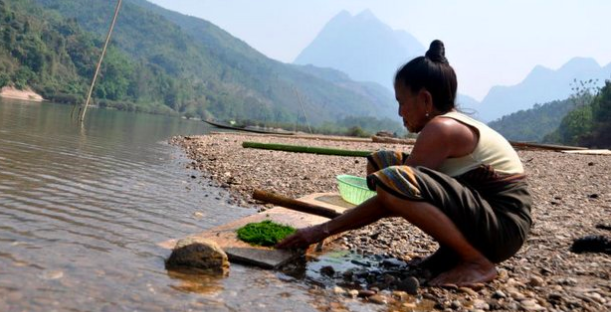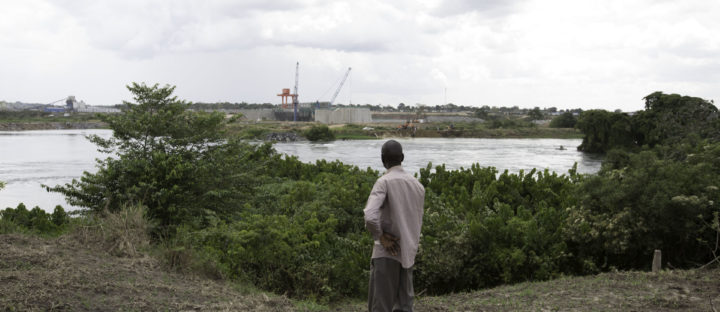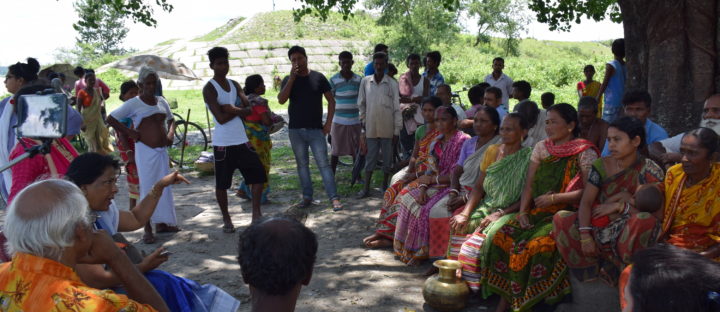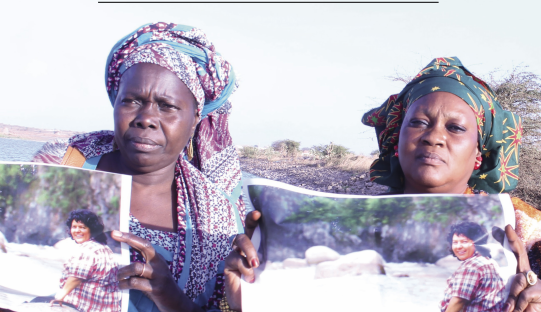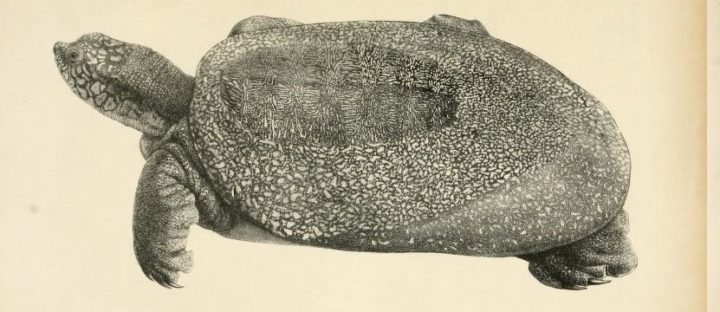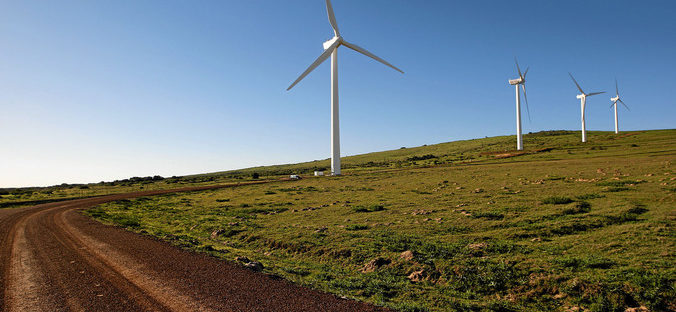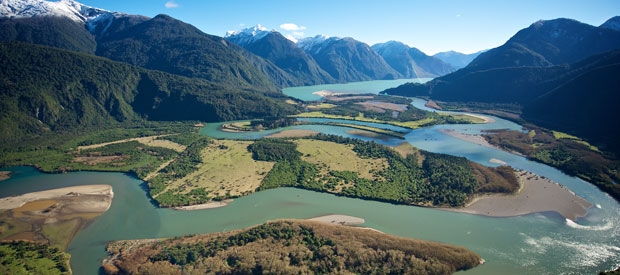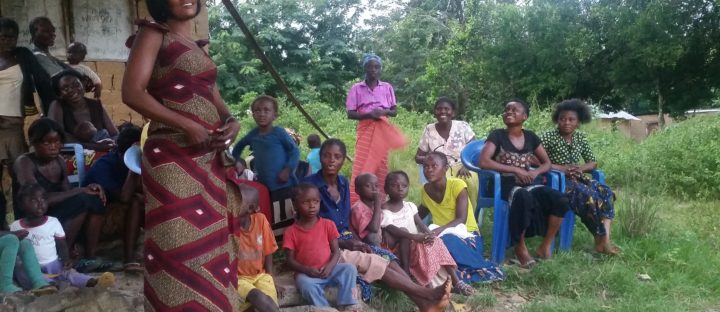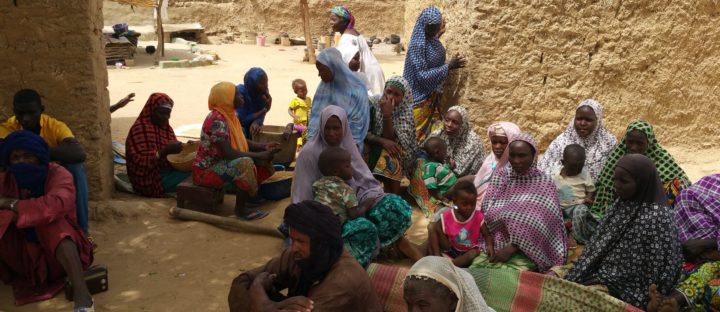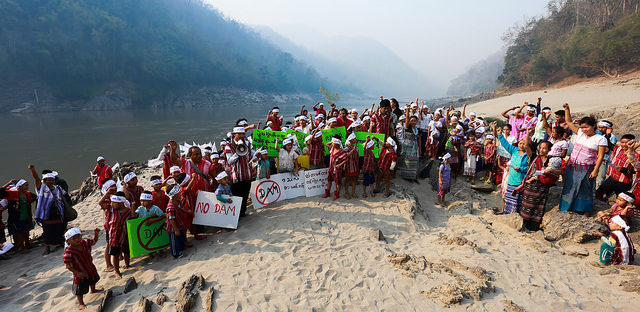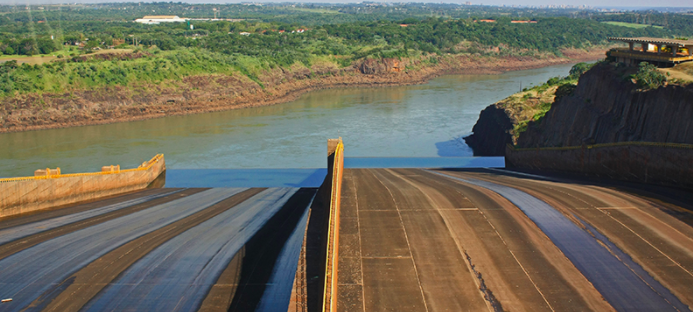By: Maureen Harris, Programs Director Originally published on Bangkok Post Today, on International Women’s Day, a recent trip to the Mekong Basin serves as a reminder that women’s voices must be central to decision-making on hydropower, and in broader energy planning for Thailand and the region. The Nam Ou River, a longest tributary of the…
Read MoreWorld Bank Reneges on Its Promise to Protect Key Biodiversity Site on Uganda’s White Nile
By: Josh Klemm, Policy Director Last month, after a long-running saga, the World Bank signed away its legal obligation to protect Uganda’s Kalagala Falls, a site of immense spiritual and biodiversity value near the headwaters of the Nile River. By granting Ugandan authorities permission to flood Kalagala, the Bank has harmed thousands of local people…
Read MoreWorking Transboundary: Building Resilience and Democratizing Governance in the Brahmaputra Basin
The Brahmaputra River has repeatedly been the centre ground of diplomatic hostility between China, India and Bangladesh. With no transboundary treaty or common understanding between the countries sharing the river, downstream countries have repeatedly raised concerns that China, the upstream riparian country, would dam and divert the glacial meltwaters that are crucial not only for…
Read MoreGoal 4 – Secure Human Rights for River Communities and Water Protectors
By: Sarah Bardeen, Former Communications Director In recent years, the silencing, disappearance and assassination of environmental and indigenous defenders has become tragically common. Perhaps the most high-profile case involves Berta Caceres, our friend and partner who was gunned down in her own home in Honduras for her opposition to the Agua Zarca Dam on the…
Read MoreThe Most Endangered Turtle in the World
By: Stephanie Jensen-Cormier, former China Program Director With only three known individuals still alive, the Yangtze giant softshell turtle (Rafetus swinhoei) is the most endangered species of turtle in the world. R. swinhoei is also the largest species of freshwater turtle in the world; it’s been recorded to reach sizes of over 39 inches in…
Read MoreIt’s Time to Invest in Congo’s Energy Future
By: Josh Klemm, Policy Director Earlier this month, the DRC government seemed to acknowledge what we have long argued: The proposed Inga 3 Dam, touted for decades as a fix-all to the country’s energy woes, is not a good investment. By calling on developers to radically alter the design of Inga 3, the DRC’s minister in…
Read MoreHelp Us Protect the Puelo River in Patagonia
By: Sarah Bardeen, former Senior Communications Director The Puelo River needs your support! The Puelo, which originates in Argentina, is one of the largest rivers in Chilean Patagonia and a great tourist attraction. Divided up in two sub-basins, the Manso River and Puelo Lake, the Puelo is known for its outstanding beauty and untouched, pristine…
Read MoreThe Women of Inga: A Portrait of Resilience
“Go and tell them that we, the women of Inga, are suffering” By: Ange Asanzi, former Africa Program Associate One thing is for certain: the women of Inga are self-sufficient. They grow avocados, oranges, bananas, cassava, nuts and beans. They harvest medicinal plants to tend to their sick. Nearly everything they consume comes from their…
Read MoreLarge Hydropower Dams Are Not the Answer: Time to Rethink Africa’s Energy Infrastructure
By: Rudo A. Sanyanga, former Africa Program Director This article was previously published in thePerspectives #02/2017: Putting People Back Into Infrastructure The electrification rates of Africa are appalling: the lowest in the world, with as little as 1 percent access in some rural areas. The average electrification rates in sub-Saharan Africa range from 16 percent in rural areas to about 59…
Read MoreThai Investments Must Recognize Local Rights
By: Pianporn Deetes, Thailand and Myanmar Campaigns Director This article originally appeared in The Bangkok Post. A year ago, the cabinet issued a resolution recognising an obligation to protect human rights in Thai outbound investments. With Thai companies increasing their operations in neighbouring countries in sectors that carry significant risks for human rights and the environment, further…
Read MoreLarge hydropower dams have no place in the Green Climate Fund
By Josh Klemm, Policy Director, and Florencia Ortúzar from AIDA This article was originally published on Climate Homes News The Green Climate Fund (GCF) is the primary financial mechanism established under the UN climate body, to reduce greenhouse gas emissions and help countries cope with climate change. It is cause for hope, due to its ability to…
Read More
